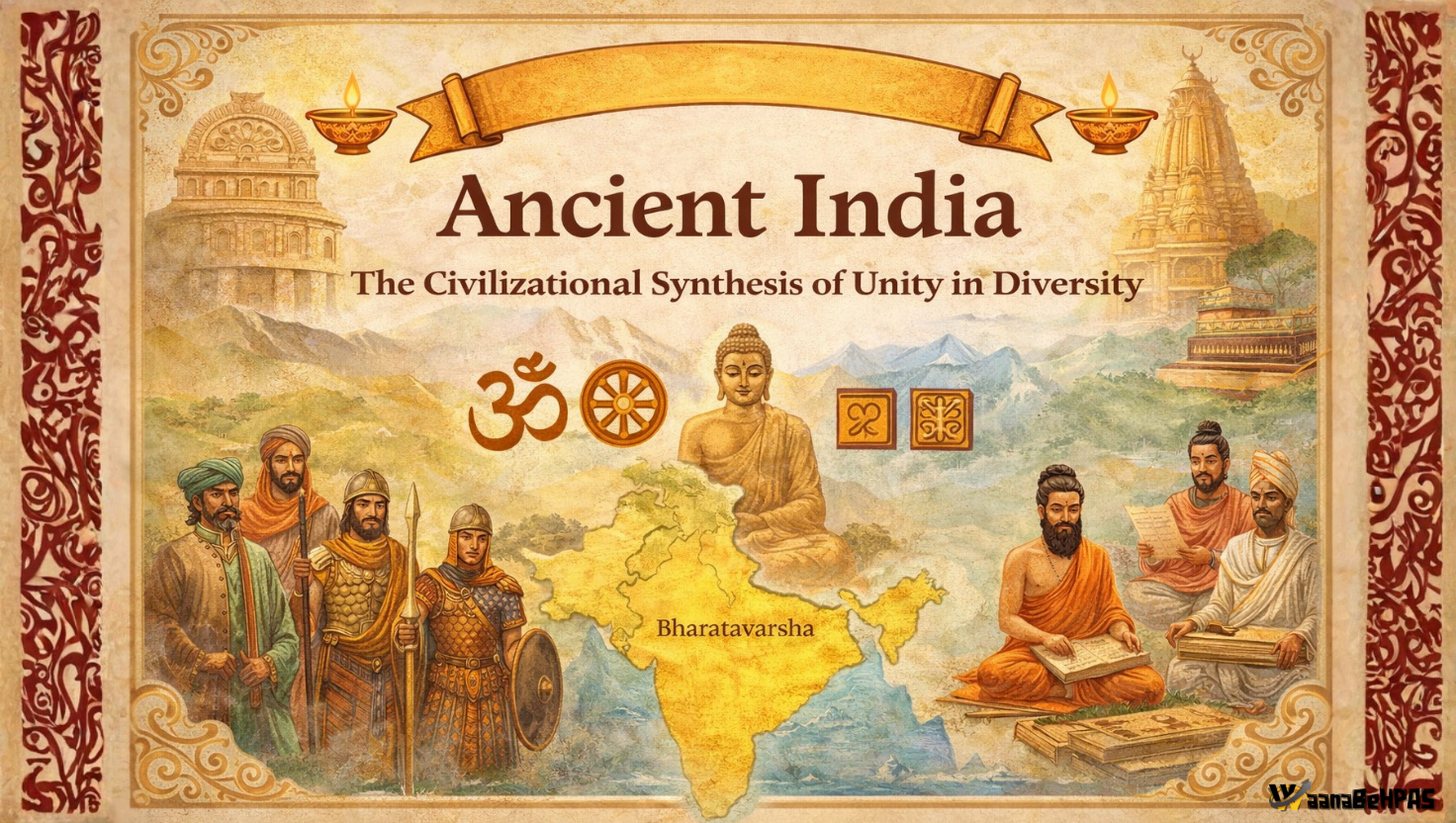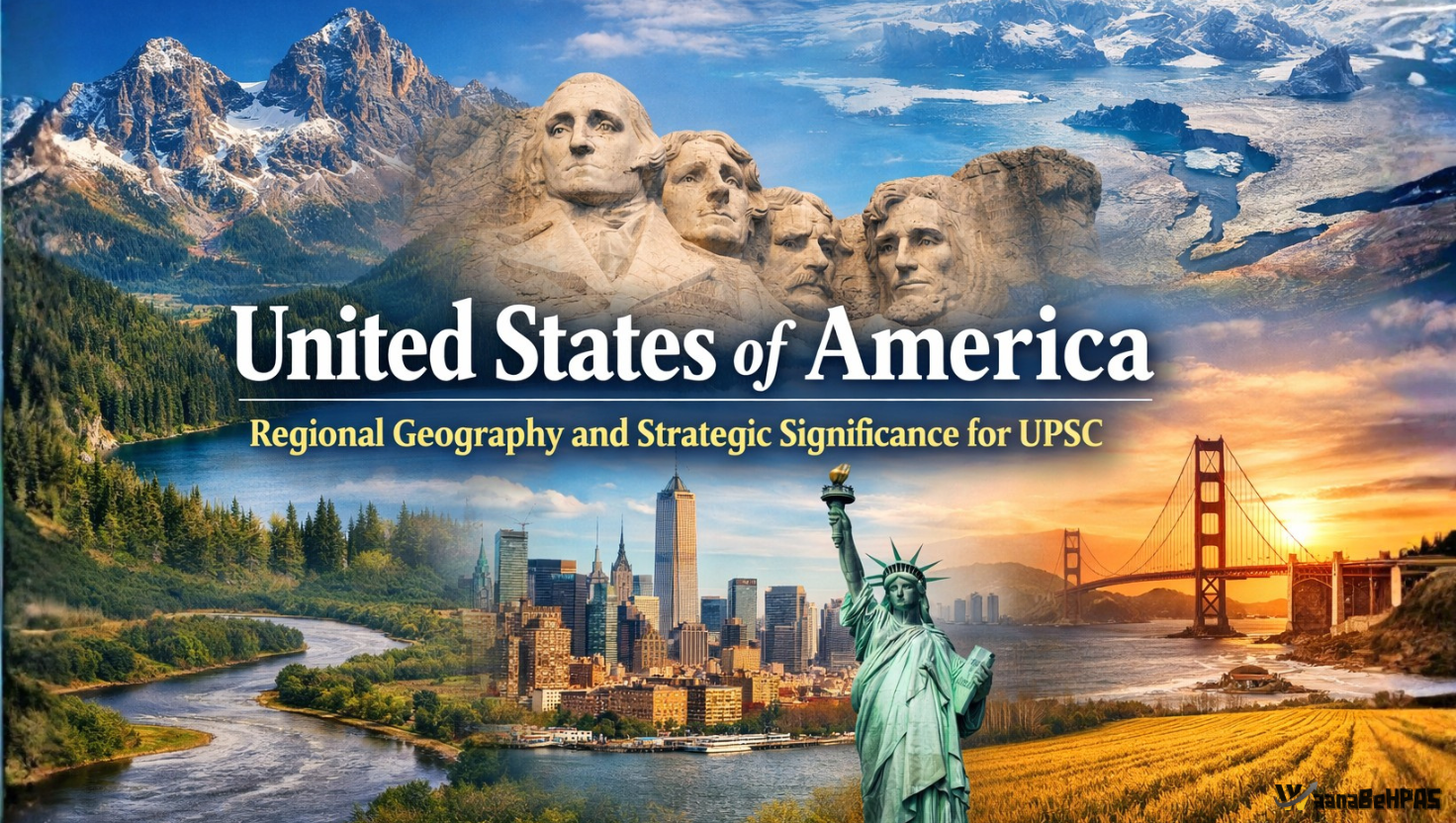Financial Action Task Force (FATF): An Overview
Syllabus: Internal Security – Terror Financing, Money Laundering
What is the FATF?
The Financial Action Task Force (FATF) is an international organization that develops standards and policies to fight money laundering, terrorist financing, and the financing of weapons of mass destruction (WMDs).
It ensures that countries have strong legal and institutional frameworks to detect and prevent financial crimes.
Objective
- To set global standards and promote effective implementation of:
- Anti-Money Laundering (AML)
- Counter-Terrorist Financing (CFT)
- Combatting the financing of proliferation of WMDs
Origin and Headquarters
- Established: 1989 during the G7 Summit in Paris, in response to growing concerns over money laundering
- Expanded Mandate (2001): Included terrorism financing after the 9/11 attacks
- Headquarters: Paris, France
FATF Membership
- FATF currently has 39 members, including major economies such as:
- India, United States, United Kingdom, France, Germany, China, Saudi Arabia, and the European Commission
- Criteria for membership:
- Significant economic size and financial sector
- Compliance with international financial norms
- Active participation in global institutions
- Over 180 countries are connected to FATF through FATF-Style Regional Bodies (FSRBs)
India and FATF
- Observer status: 2006
- Full membership: 2010
- India is also a member of two regional FATF bodies:
- Asia Pacific Group (APG)
- Eurasian Group (EAG)
Key Functions of FATF
- Identifies methods used in money laundering and terrorist financing
- Issues the FATF Recommendations – globally accepted standards for AML and CFT
- Assesses country performance through peer reviews and mutual evaluations
- Publishes reports and updates on evolving financial threats
- Helps both governments and private sectors take preventive action
FATF Monitoring and Compliance
- All members must adopt and implement the FATF Recommendations
- Members are regularly reviewed to assess compliance
- Countries that do not comply may be placed under increased monitoring
FATF Grey List and Blacklist
Grey List
- Countries that have deficiencies in AML/CFT systems but are working with FATF to address them
- They are under increased monitoring
Blacklist
- Countries with serious strategic deficiencies that have not taken meaningful steps to address concerns
- These are considered high-risk jurisdictions for money laundering and terror financing
Currently blacklisted countries:
- North Korea
- Iran
- Myanmar
Consequences of Being Blacklisted
- Ineligibility for financial aid from global institutions like the IMF, World Bank, ADB, and the European Union
- International financial and economic sanctions
- Decreased foreign investment
- Negative impact on reputation and trade
Conclusion
FATF plays a critical role in maintaining the integrity of the global financial system. For India, FATF membership supports national security and aligns its financial systems with global standards. Strong implementation of FATF norms is essential to combat terrorism financing and illegal money flows.











